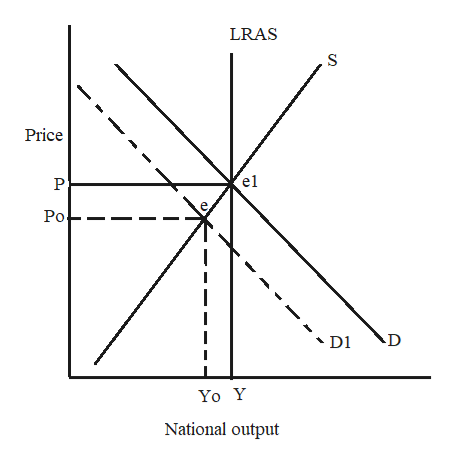
The amendment’s proponents often argue that, because states and families must balance their budgets each year, the federal government also should do so. Nor could the Federal Deposit Insurance Corporation or the Pension Benefit Guaranty Corporation respond quickly to bank or pension fund failures by using their assets to pay deposit or pension insurance, unless they could do so without causing the budget to slip out of balance. The same would be true for military retirement and civil service retirement programs. Social Security could not draw down its reserves from previous years to pay benefits in a later year but, instead, could be forced to cut benefits even if it had ample balances in its trust funds, as it does today.

That’s due to its requirement that federal spending in any year must be offset by revenues collected in that same year.

Recent experience shows the difficulty of securing a three-fifths vote in both chambers for almost any major legislation.īeyond the economy, the balanced budget amendment would raise other problems. And, while the amendment would allow Congress to waive the balanced budget requirement with a three-fifths vote of the House and Senate, that hardly solves the problem. The fact that states must balance their budgets every year - no matter how the economy is performing – makes it even more important that the federal government not also face this requirement and thus further impair a faltering economy. That would launch a vicious spiral of bad economic and fiscal policy: a weak economy would lead to higher deficits, which would force policymakers to cut spending or raise taxes more, which would weaken the economy further. Rather than allowing the “automatic stabilizers” of lower tax collections and higher unemployment and other benefits to cushion a weak economy, the amendment would force policymakers to cut spending, raise taxes, or both. When the economy slows, federal revenues decline or grow more slowly and spending on unemployment insurance and other social programs increases, causing deficits to rise. That’s because the amendment would force policymakers to cut spending, raise taxes, or both just when the economy is weak or already in recession - the exact opposite of what good economic policy would advise. By requiring a balanced budget every year, no matter the state of the economy, such an amendment would raise serious risks of tipping weak economies into recession and making recessions longer and deeper, causing very large job losses. The economic problems are the most serious, and they would pertain to any version of a constitutional balanced budget amendment.

It would threaten significant economic harm while raising a host of problems for the operation of Social Security and other vital federal functions. Constitution - including the version that the House is expected to consider this week - would be a highly ill-advised way to address the nation’s long-term fiscal problems.


 0 kommentar(er)
0 kommentar(er)
